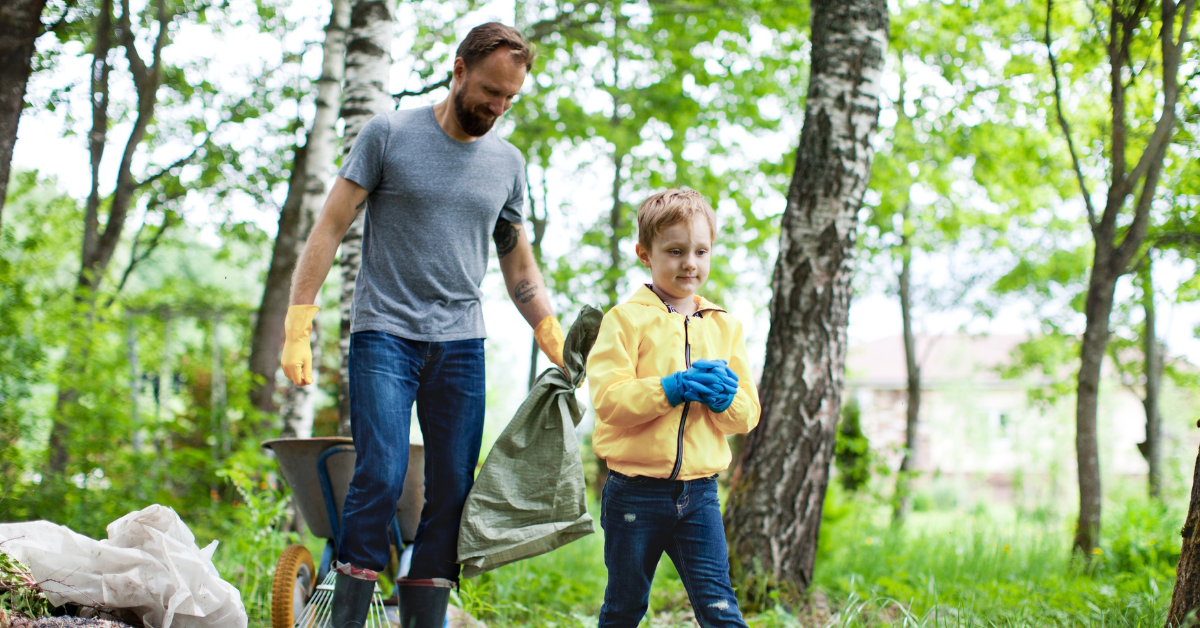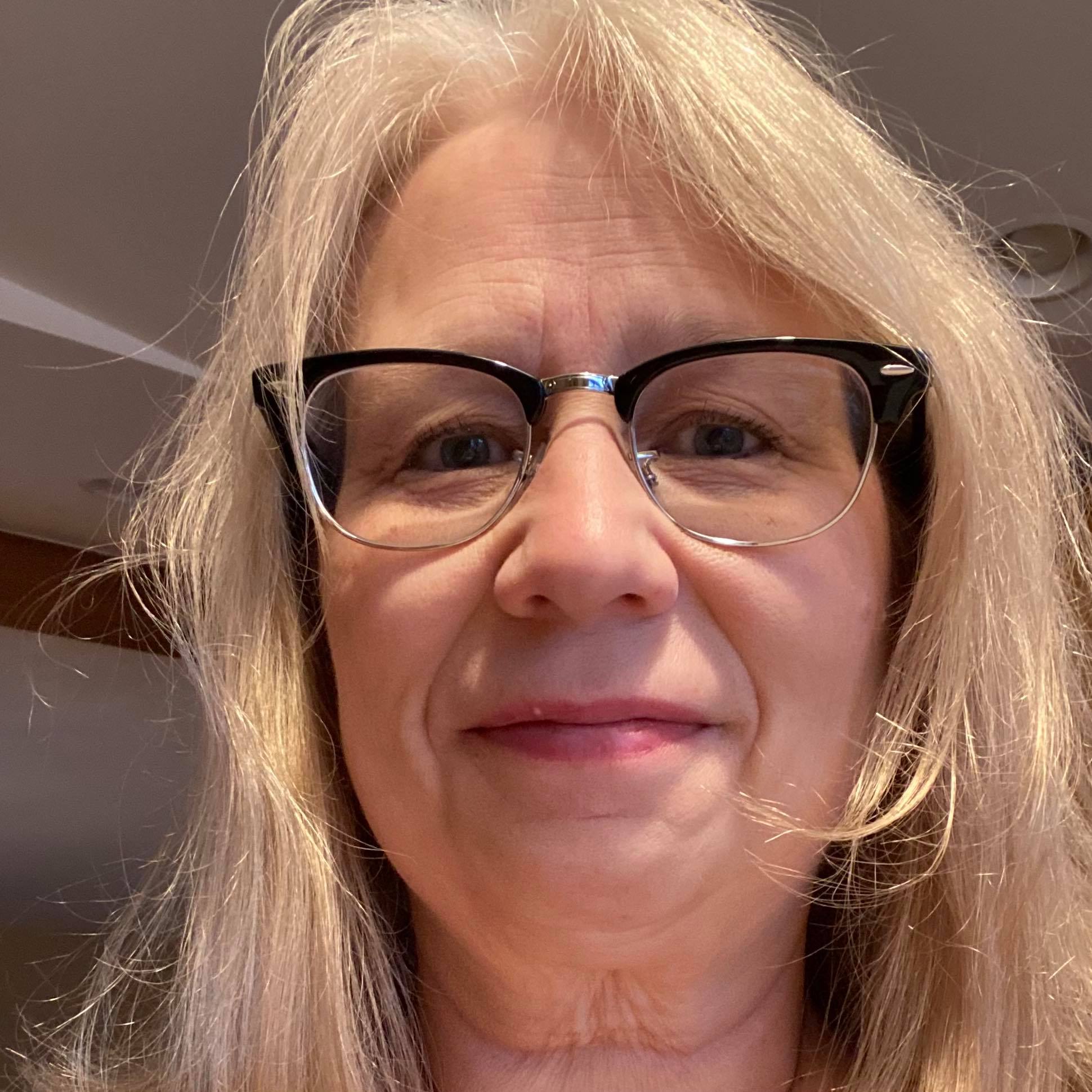Thomas was in first grade and came to worship in a suit and tie. It was his day to share one prayer petition with the congregation. He was ready for this moment, but did confess to being a little nervous—so we took a few minutes to practice. When it was time I gave him the signal and he climbed onto the plastic stool so he could see over the altar—and so everyone could see him —and he prayed.
“Dear God, your creation is a mess. Please help everyone pick up a piece of litter on their way home today so we can start cleaning it up. Amen.”
Tayler was in 5th grade. She had taken the assisting minister training and was robed in an alb with a cincture. She led the confession, read the prayer of the day, served communion, and wrote and delivered the prayers of God’s people. Tayler began her prayers with these words;
“Dear God. Our world is a mess. Australia is on fire because of climate change. Animals are dying. Please keep the animals safe, and help us help them. Amen.”
What is God up to here? What is God up to when young children write their own prayers and say, “Our world is a mess. Help us take care of it.” What does this mean for us? What does this mean for grown-ups and church leaders? It means we need to pay attention because God is speaking through our children. Let’s listen to them.
Creation Care 101
Kids are clear about the need to care for the earth, and they have some ideas about how to go about it. Spring and summer are perfect times to plan some intentional creation care time with kids, families, and everyone else in your congregation. Get started by doing some no-prep/no-cost activities.
- Creation Care Clean-up Day: Choose a date for a neighborhood clean-up, and encourage your congregation to pick up trash in their neighborhoods. Invite them to post pictures of their labors online.
- Nature Prayer Walk: One way to experience the wonder of creation is to spend time in it. Get to know the habitat around your church by prayerfully walking through it. Take time to notice everything —plants, animals, insects, water sources, birds, everything. Offer a prayer of thanks for each part of creation you encounter, and then take time to learn more.
- Creation Care Leadership Team: Invite people of all ages to be part of a group that will help shape what creation care looks like in your congregation. Be sure to include children and youth on this team because they have known about and practiced creation care in one form another since they were born.
Creation Care 201
Once you have dipped your toe into imagining what creation care might look like in your context, try something a little more involved to engage more people and keep the momentum going.
- Creation Care Summer Ministry: Host a Vacation BIble School or other summer ministry focused on creation care. Many denominations have easy-to-access resources. Here are a few links to get you started. Earthkeepers VBS, ReNew: The Green VBS, Caretakers of God’s Creation, God’s Good Creation VBS.
- Peace Garden: Plant a Peace Garden on your property using as many native plants and pollinators as possible.
Creation Care 301
Both of these 301 ideas can be implemented at church and at the homes of your members. Imagine the impact you can have in your community by having even a few households participate in one or both of these ideas.
- Bee Keeping: Bees are critical to pollinating all plants—and providing homes for non-stinging Mason Bees is a great way to get involved in this aspect of creation care. Challenge your congregation to learn more about keeping pollinator bees.
- Compost: Kids will love composting, and it is an easy way to do something about global warming. Invite your congregation to compost at home, and start composting at church. Composting keeps organic material out of landfills and contributes to a healthier soil by increasing the amount of carbon in it. There are many ways to make a compost bin and lots of instructional videos online.
Looking Ahead
As we look ahead, there will be many opportunities to engage in learning more about creation care. Luther Seminary created a 4-session video course on the relationship between Faith and Science through a generous donation from the John Templeton Foundation. This course is hosted by Paul Wallace, an astrophysicist and pastor, and is focused on the science of creation. It is free, geared for people ages 10 and older will be available in July 2021 on our Faith+Lead platform. Watch for more information.



